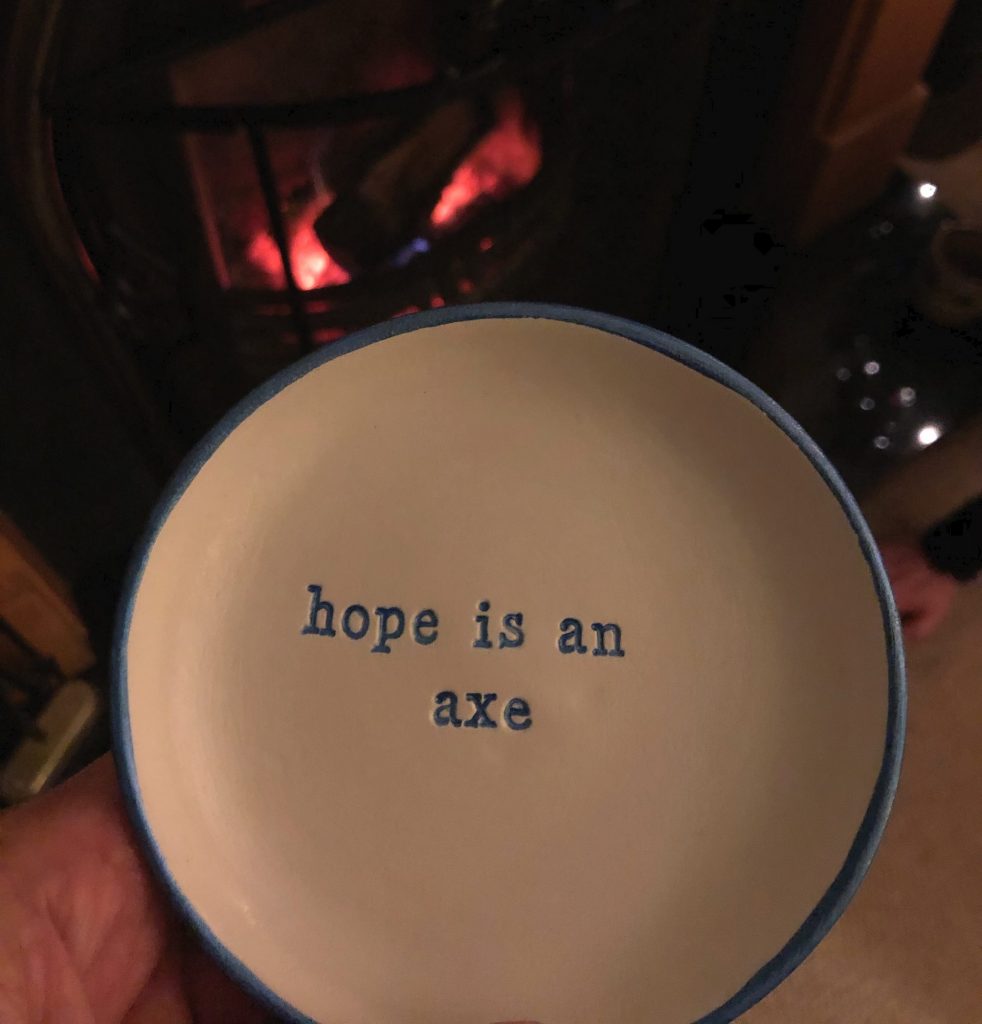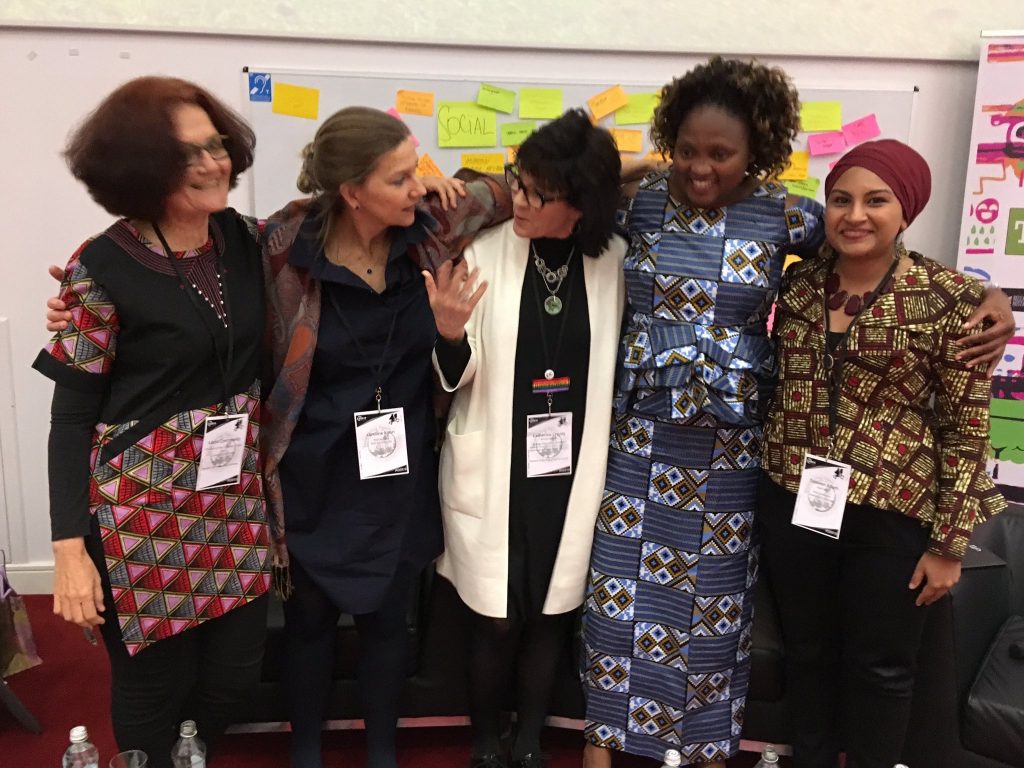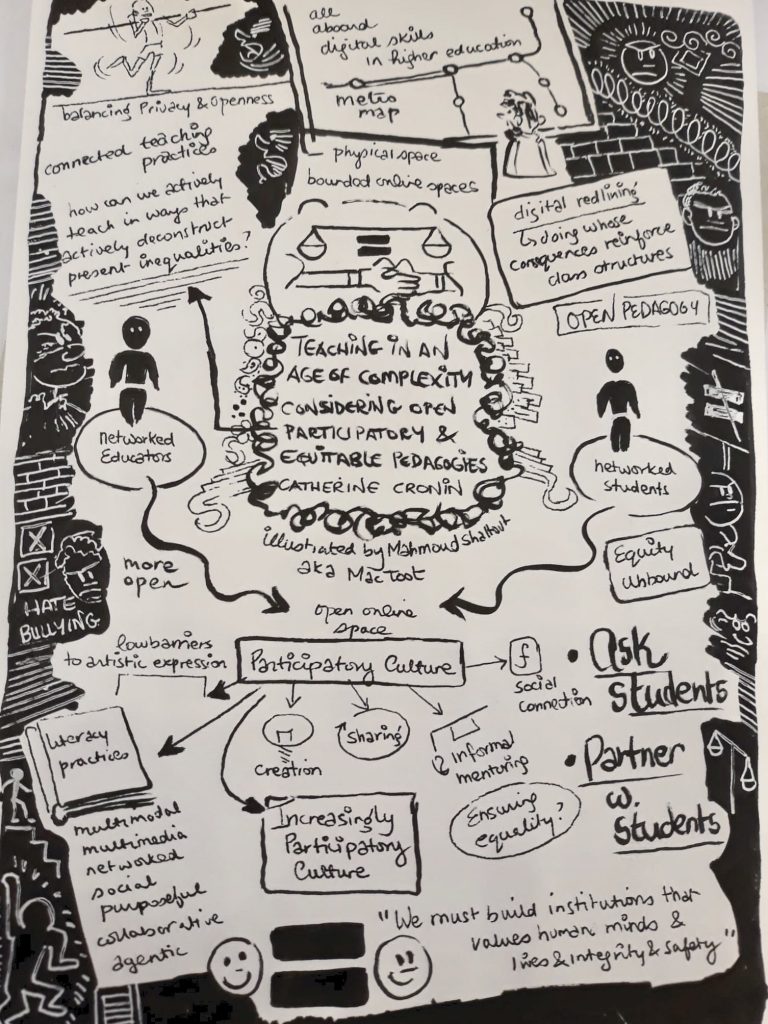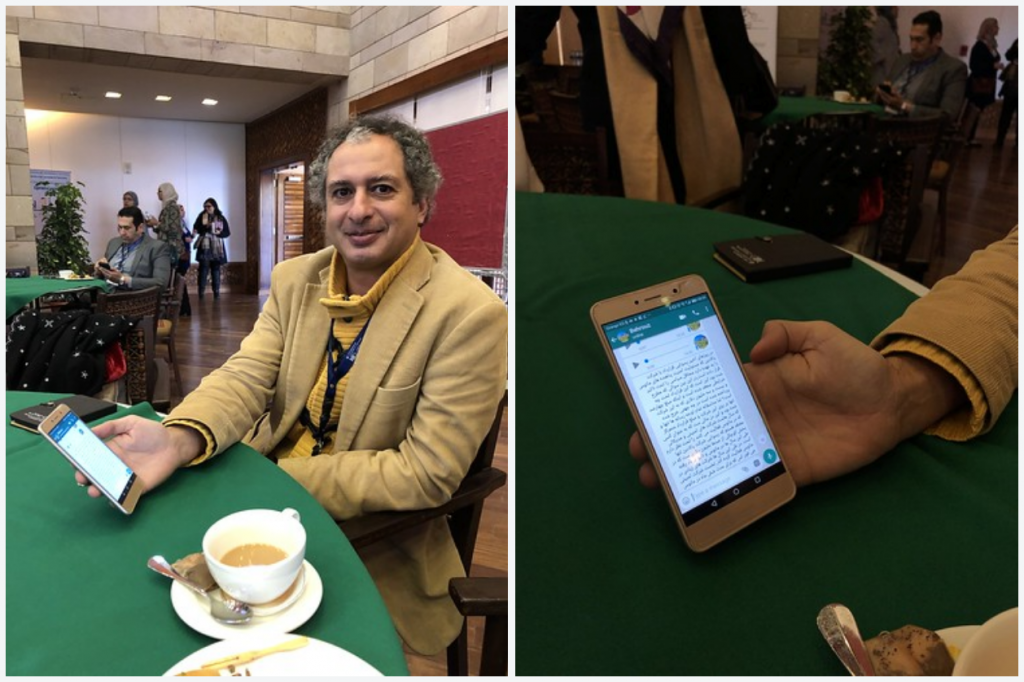
I am starting 2020 quietly and reflectively, and as ever, hopeful for the year ahead. It has been a year of many changes. Impossible to capture it all, but as the year turns I want to mark some milestones of 2019.
Working with the National Forum
At the start of 2019, I’d been in my new role at the National Forum for just a couple of months. I’ve now worked for over a year as Strategic Education Developer on the National Forum team, supporting and working in collaboration with “those who teach, learn and lead” in higher education in Ireland. My focus is digital education (one of four strategic priority areas of the National Forum) and includes: supporting the development of digital capabilities, modelling and supporting open education principles and practices, and supporting the development of enabling policies for digital and open teaching and learning. I can perhaps best describe my first year at the National Forum as a happy blur — immensely busy and immensely rewarding. The bright thread through it all has been collaboration and teamwork. I look forward to sharing more of our work throughout 2020.
OER19 in Galway
A highlight of 2019 was co-chairing, together with Laura Czerniewicz, the OER19 Conference here in Galway. It was a joy to work closely with Laura, Maren Deepwell, Martin Hawksey and the ALT team for just over a year in order to conceptualise and plan the conference. The theme ‘Recentering Open: Critical and Global Perspectives’ as well as the addition of open ‘alt-format’ slots helped us, all together, to create an empowering space for different kinds of conversations about open education — a space where the values of hope, work, care, stories, equity and much more became the central narrative rather then the counternarrative. It was especially rewarding for me that all across the OER19 programme, contributions from the FemEdTech and GO-GN networks were highlights for so many. Any conference does not happen in isolation, of course. OER19 was the 10th annual @OERConf and Laura and I were inspired by and grateful to previous OER Conferences as well as to all who brought their open selves to OER19. And I know I am one of very many who look forward with great excitement to OER20 ‘The Care in Openness’ in London in April.

In perhaps my favourite moment from OER19, while preparing late on Day Two to close the conference, both Laura and I independently chose the same quote from Rebecca Solnit. Radical hope, indeed.
Hope is not a lottery ticket you can sit on the sofa and clutch, feeling lucky. It is an axe you break down doors with in an emergency. Hope should shove you out the door, because it will take everything you have to steer the future away from endless war, from the annihilation of the earth’s treasures and the grinding down of the poor and marginal… To hope is to give yourself to the future—and that commitment to the future is what makes the present inhabitable.
Rebecca Solnit (2004), Hope in the Dark
Keynote and workshop in AUC, Cairo
In March, I traveled to American University Cairo (AUC) to give a keynote and workshop at the Centennial Symposium for the Center for Learning and Teaching. The event included a wide range of faculty and student presentations as well as keynotes and workshops by Alec Couros and myself, so that multiple perspectives were interwoven over the course of two days. I co-facilitated a workshop with Maha Bali on Transforming the Learning Environment via Faculty-Student Partnership which included contributions from both AUC students and Student Associate Interns at the National Forum. The focus of my keynote on open, participatory and equitable pedagogies was simply this: as educators and students, we teach and learn and love and live in an increasingly open, networked and participatory culture, as well as in a world of increasing inequality. This is the context within which education operates. A key question for educators is how can we equip ourselves and support students in addressing these challenges, while at the same time seeking to ensure our collective wellbeing (individual and societal) in physical and digital spaces. My thanks to Mahmoud Shaltout @mactoot for this wonderful sketchnote:

Thanks to Maha Bali, Hoda Mostafa, CLT and AUC, the trip to Cairo was full of hospitality and truly unforgettable, including a visit to the Great Pyramid and Sphinx, the Egyptian Museum, and beautiful meals and conversations. The visit also included an unexpected and memorable meeting with Omid Tofighian. In 2018, I read Behrouz Boochani’s searing memoir No Friend But the Mountains: Writing from Manus Prison — written from prison on a mobile phone using WhatsApp. Omid Tofighian was the translator for the book, translating the text from Persian into English. Upon hearing that I had read and loved the book, Omid showed me some of the original WhatsApp messages from Behrouz Boochani — a moving moment for us both.

Writing
Somehow (and always) there must be space for writing. I worked on two co-authored chapters this year, as well as finalising a chapter for the soon-to-be-published collection Open(ing) Education: Theory and Practice edited by Dianne Conrad and Paul Prinsloo. Perhaps, though, the most rewarding piece of writing I worked on this year was a multi-authored collaborative piece submitted to ALT in support of an Honorary Life Membership for Frances Bell:
…During and after a long formal career as an academic in Information Systems, Frances has combined her disciplinary expertise with historical and social justice perspectives to unflinchingly consider issues of equity in both higher education and wider society, and to communicate these ideas across academic and other networks, contributing to moving debates forward. Frances sustains connections with people across higher education, local communities and creative networks in ways which help to bridge differences without ignoring them, and thus to enable understanding. Her academic work is in itself a form of social engagement. Frances Bell exemplifies what bell hooks (2000) has defined as a “love ethic” in her work, where love is a conscious practice in which we “openly and honestly express care, affection, responsibility, respect, commitment, and trust” – thus driving our collective work against domination and injustice, and towards equity.
Although I was unable to celebrate in-person Frances’s award at the ALT Conference in September, it was a joy to follow the award online, including the ensuing wave of support from so many — just as it has been a joy to work with and become close friends with Frances over the past decade.
Loss
2019 was also a year of personal sadness and loss. The year began with the death of one of my oldest friends, the husband of my best friend. Grief and loss were exacerbated by distance; we travelled to New York for the funeral. I prepared and gave a eulogy, we met friends and family, we grieved and tried once again to make sense of life and death. Throughout the year we also walked alongside friends and family in their own struggles with illness and bereavement. I had a short illness followed by minor surgery in November (a shock for someone not used to illness and a reminder of the preciousness of health) and fortunately made a full recovery.
And then, two months before the end of the year, a beloved family member died by suicide without any warning, leaving his mother, father, sister, brother and all who loved him lost. The world turned upside down and life has changed for so many. Even as I write this I know this wound is a reality for so many, perhaps some who are reading this now. While grieving at many levels, I’m also shocked and angry. In Ireland and the UK, suicide is the biggest killer of young people (aged 16 to 24). Many are working to address this, but as a parent, an aunt, a friend, a mentor and an *educator*, have I been doing enough? I think not, and my work in 2020 will include a renewed focus on emotional health, wellbeing and communication.
Gratitude
This post is already long, but I must end with a note of gratitude for all who have reached out during 2019 in so many ways. Thank you for your support and friendship. I am feeling refreshed after the Christmas/New Year break, after time with family that included tears, laughter and lots of love. I look forward to a new year of valuable and rewarding work, teamwork and collaboration, new challenges, and a renewed focus on wellbeing, care and health. I will continue to draw from the deep well of the love of family and friends, meaningful work with wonderful colleagues, art that inspires me, and a passion for justice. As I recall sharing with Bonnie Stachowiak in my contribution to Teaching in Higher Ed awhile ago: I’m not even close to tired yet.
I wish you all a rewarding 2020 and end with a favourite poem by Ursula Le Guin:
Hymn to Time
Time says “Let there be”
every moment and instantly
there is space and the radiance
of each bright galaxy.And eyes beholding radiance.
And the gnats’ flickering dance.
And the seas’ expanse.
And death, and chance.Time makes room
for going and coming home
and in time’s womb
begins all ending.Time is being and being
time, it is all one thing,
the shining, the seeing,
the dark abounding.Ursula K. Le Guin
All photos in this post are CC BY, available at https://www.flickr.com/photos/catherinecronin/
I am so touched to be included in this lovely post Catherine. And yes, becoming your friend and writing with you has been a highlight of my decade too. You ground me and give me hope. Love shines from your post and all of us are touched by this – readers, friends, family.
Go raibh maith agat
Thank you, Frances… and onward into 2020 with plans for OER20, FemEdTech, and much else besides 🙂
oh Catherine thank you so much for sharing this post – as always, I can hear your voice and see your lovely smile when I read your words. I feel a great sense of warmth, humility, compassion and above all a true sense of hope from your blog post which is something we all are in desperate need of in difficult times. Sending you and your family much love Debs x
Thank you so much, Deb. Sharing and listening are both so important (something I keep re-learning 🙂 ). Thanks for your warmth and kindness, as always — looking forward to seeing you at OER20. x
So much here that speaks to me Catherine but most of all I take from this the importance of our professional calling as teachers, a calling that goes beyond contracts and job roles and reaches deep into our lives, our choices, our friendships. I am very proud to call you a friend.
Likewise, Teresa, I feel very fortunate about that as well. And *yes* to the human work of teaching, and supporting teaching and learning. It’s important that we continue to fight like hell for that. Thanks for all you do… I look forward to much more thinking/sharing/working together in 2020.
Thank you for sharing this Catherine and I was sorry not to see you in November, but I’m pleased you are well recovered. 2019 has been a challenging year on so many fronts for so many, but there is still hope, and women have never been afraid of hard work. Here’s to 2020, FemEdTech, OER20 and all the other good things we will do together, if I can offer another Solnit quote too:
“Go to hell, but keep moving once you get there, come out the other side”.
Thanks Ann-Marie… that’s perfect! We will indeed work and be together at some stage in 2020 – and in the meantime, I wish you only the best as you fly off for new adventures yourself. You take us all with you and we’ll see you in our usual online spaces, of course. Love and solidarity, x
Thank you for this touching piece.
Thanks for posting a comment, David.